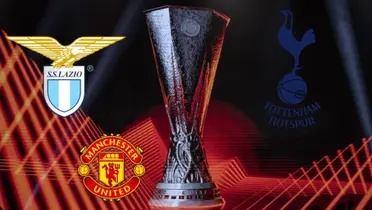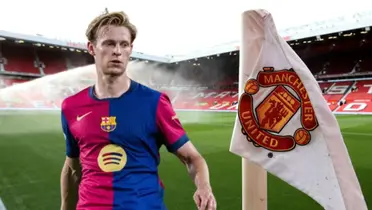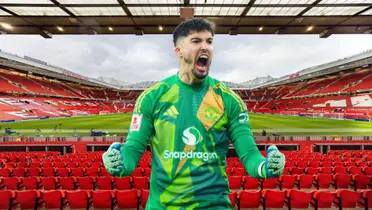How did World War i affect Manchester United in english football?
The impact of world war I on Manchester United: A story of resilience and transformation
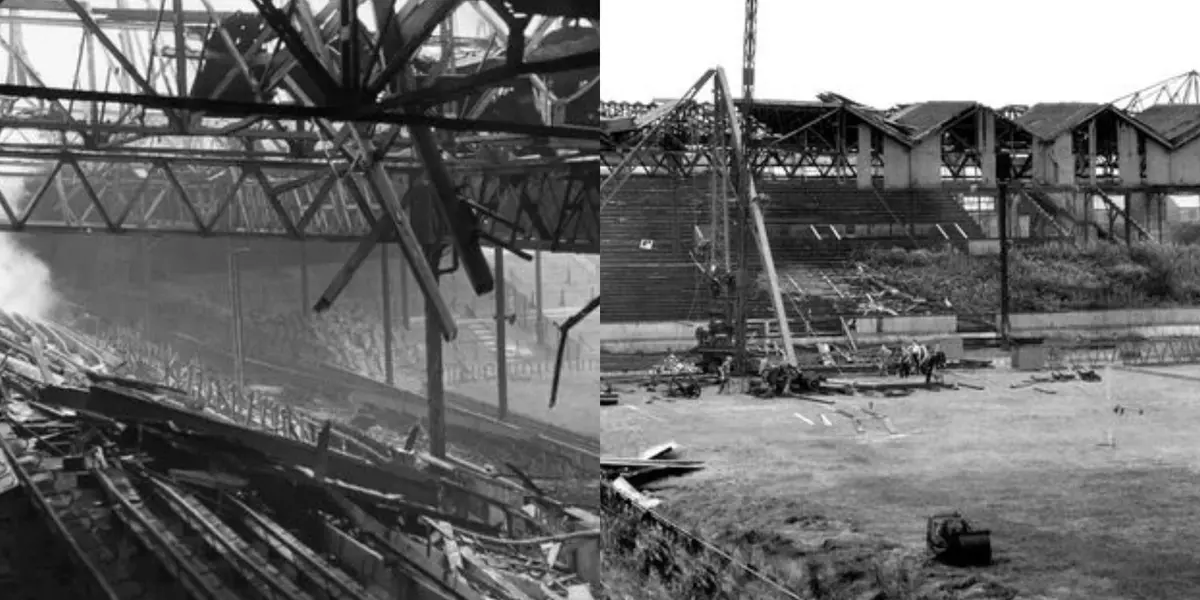
World War I (1914-1918) was a global conflict that not only altered the political and social map of Europe but also left a deep mark on all aspects of life, including sports. Football, a deeply rooted pastime in British culture, was not immune to the effects of the war. In this context, Manchester United, one of the most emblematic clubs in England, experienced a significant transformation.
The impact of the war on Manchester United was multifaceted, ranging from the loss of players and fans to the economic and emotional challenges the club faced during and after the conflict. Through this note, we will explore how the Great War affected Manchester United and how the club managed to overcome these difficult times to emerge stronger and more resilient.
The roar of the lions and the silence at Old Trafford: English football in the great war
World War I abruptly interrupted the football season in England. Many young men, including footballers and fans, joined the ranks of the British Army to fight on the front lines. Football, which was once a source of joy and entertainment, was overshadowed by the grim reality of war.
Manchester United, like many other clubs, was affected by the loss of players who joined the army. Some of these young footballers never returned, leaving a void in the club and in the football community.
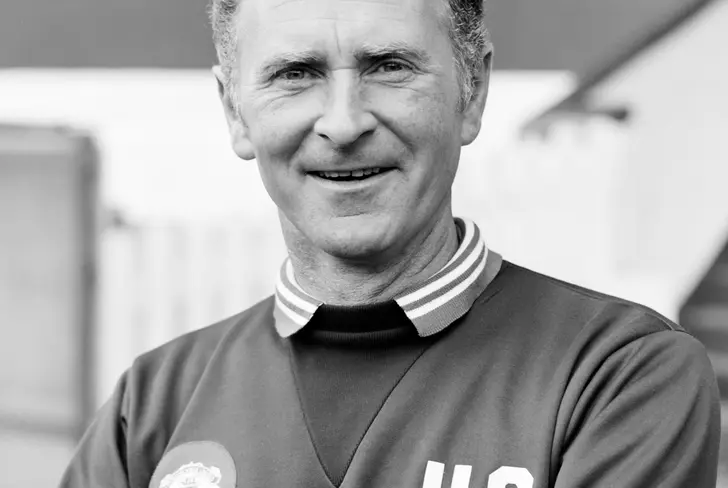
From heroes on the field to soldiers in the trenches: Manchester United in the great war
Several Manchester United players put aside their football careers to serve their country in the war. Some of them became heroes on the battlefield, demonstrating their courage and sacrifice.
These footballers, who were once acclaimed for their skill on the playing field, faced the harsh conditions of the trenches and the horrors of war. Their experiences at the front marked them forever, and some of them returned home with physical and emotional wounds.
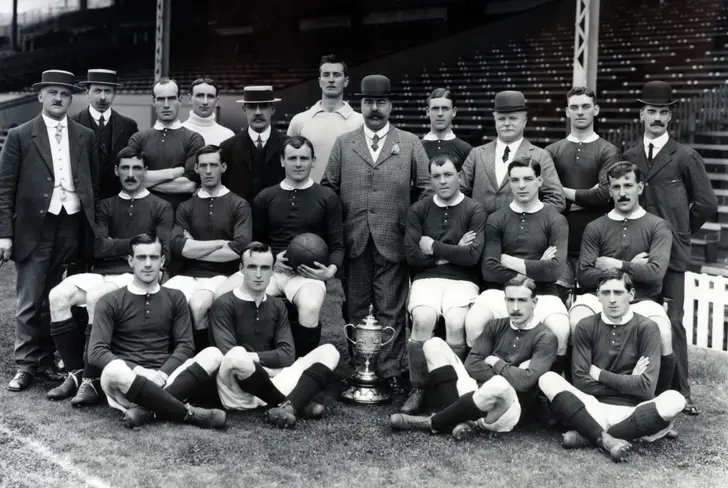
The legacy of the war: A transformed club and a resilient fan base
World War I left a lasting legacy at Manchester United. The club not only lost players and fans but also faced economic and emotional challenges. The war had changed society and football, and Manchester United had to adapt to this new reality.
Despite the difficulties, the club managed to survive and rebuild. The fans, who had suffered losses and trauma, came together to support the team and keep the passion for football alive. Manchester United became a symbol of resilience and hope for a community that had been hit hard by the war.
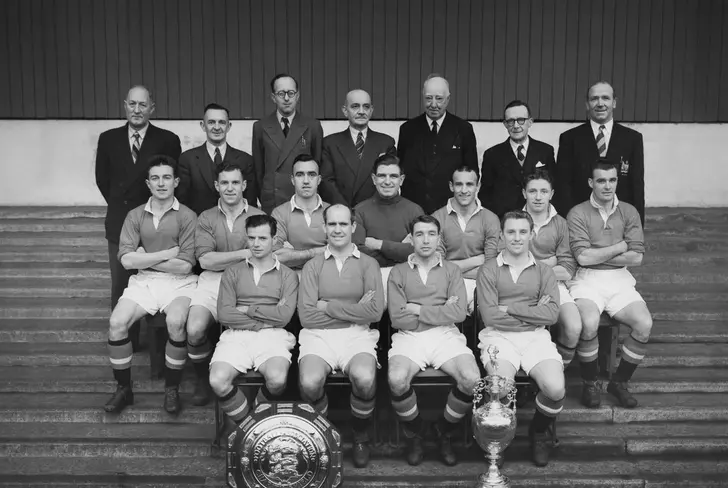
The resurgence of Manchester United: A tribute to the fallen
After the war, Manchester United returned to the field with a new determination. The club honored the memory of the players and fans who had lost their lives in the war and set out to build a better future for English football.
The resurgence of Manchester United was a testament to the fighting spirit and passion for football that characterizes the club. Despite the adversities, Manchester United showed that it could overcome any obstacle and move forward.
The lasting impact of the war on english football
World War I had a profound impact on English football. The war not only interrupted the season and affected clubs but also changed the way football was perceived and played.
After the war, football became a more professionalized and organized sport. Clubs began to invest more in their players and facilities, and football became a mass spectacle.
Manchester United after the war: A new beginning
World War I was over, but its effects were felt for many years. Manchester United, like many other clubs, had to adapt to the changes and rebuild its team and fan base.
The club faced economic and sporting challenges but managed to overcome the difficulties and move forward. The spirit of resilience and passion for football were fundamental to the resurgence of Manchester United.
World War I was a tragic event that left an indelible mark on the history of Manchester United and English football. Despite the losses and challenges, the club managed to overcome the difficulties and re-emerge stronger. The story of Manchester United during the war is an example of resilience, sacrifice, and passion for football.
What you should know about the impact of World War I on Manchester United!
- Players Turned Soldiers: Many Manchester United players joined the army and fought in the war.
- Irreparable Losses: Some players and fans of the club died at the front, leaving a void in the football community.
- Economic Challenges: The war affected the club's economy, creating a shortage of resources and financial difficulties.
- Resilience and Reconstruction: Despite the adversities, Manchester United rebuilt and emerged as a symbol of hope.
- Lasting Legacy: The war transformed English football, influencing its development and professionalization.
More news
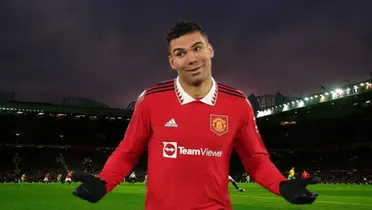
The Numbers Don't Lie: Casemiro's Dominance Returns
31/03/2025
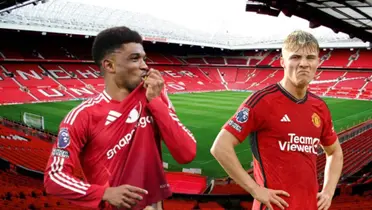
United's Dream Pairing: The Duo Fans Are Eager to See
31/03/2025
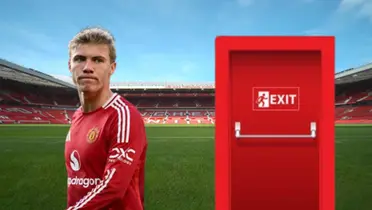
Hojlund's Fate: Will He Stay or Leave Man United?
31/03/2025
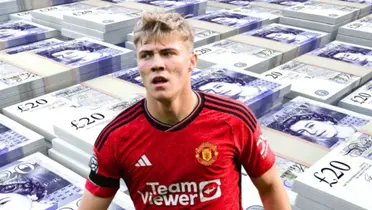
Højlund's Plummeting Value: A Cause for Concern at Man United
31/03/2025
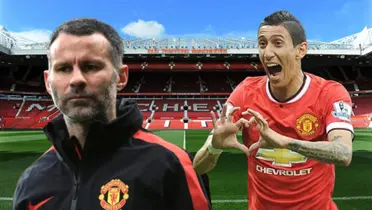
Giggs' Misjudgement: Depay's Free-Kick Hopes Fall Flat
31/03/2025
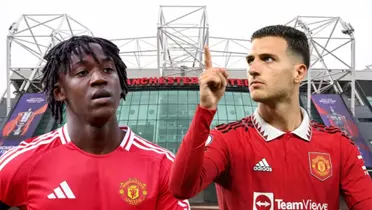
Man United's Summer Clearout: Players on the Chopping Block
31/03/2025
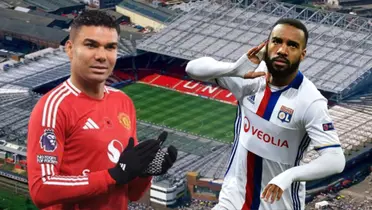
Financial Divide: Man United's Value Dwarfs Olympique Lyon's Squad Cost
30/03/2025
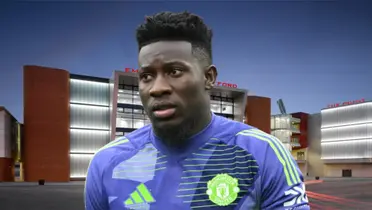
Onana Exit Rumors Swirl: How the Goalkeeper Is Responding
30/03/2025
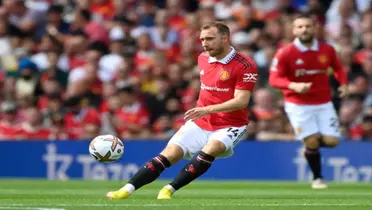
Eriksen breaks the silence about the rumors of not renewing
30/03/2025
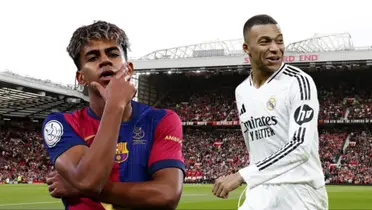
World-Class Player Available: Romano Reveals Transfer Bombshell
30/03/2025

Ugarte's Premier League Insight: Key Differences From Ligue 1 Revealed
30/03/2025
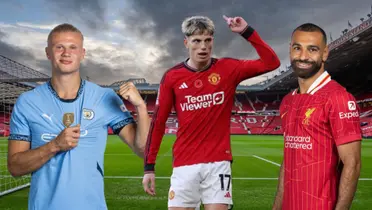
Garnacho Outshines Salah and Haaland: A Stunning Statistical Triumph
29/03/2025
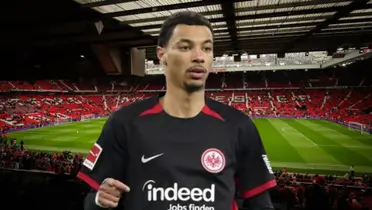
Ekitike's Staggering Stats: Why Man United Are Keen
29/03/2025
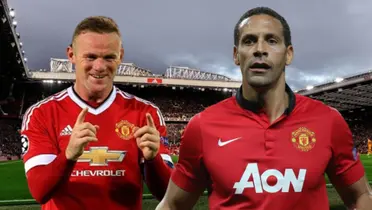
Beyond Legends: The United Player Who Rewrote Investment History
29/03/2025
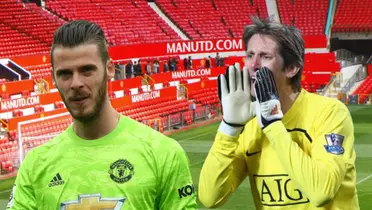
Manchester's Goalkeeping Giants: Who Reigns Supreme?
29/03/2025
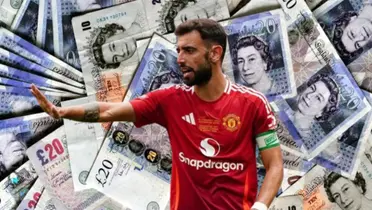
Fernandes' Fortune: Unveiling the Price Tag of United's Captain
29/03/2025
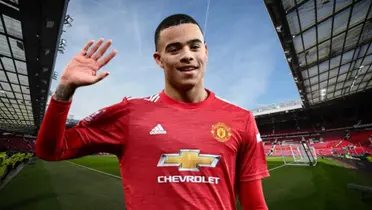
The Manchester United jewel that was rumoured for Barcelona ended up in an exotic league
29/03/2025
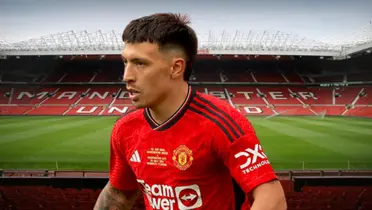
Father's Faith Pays Off: 100 Pound Bet on Son's United Debut
29/03/2025
